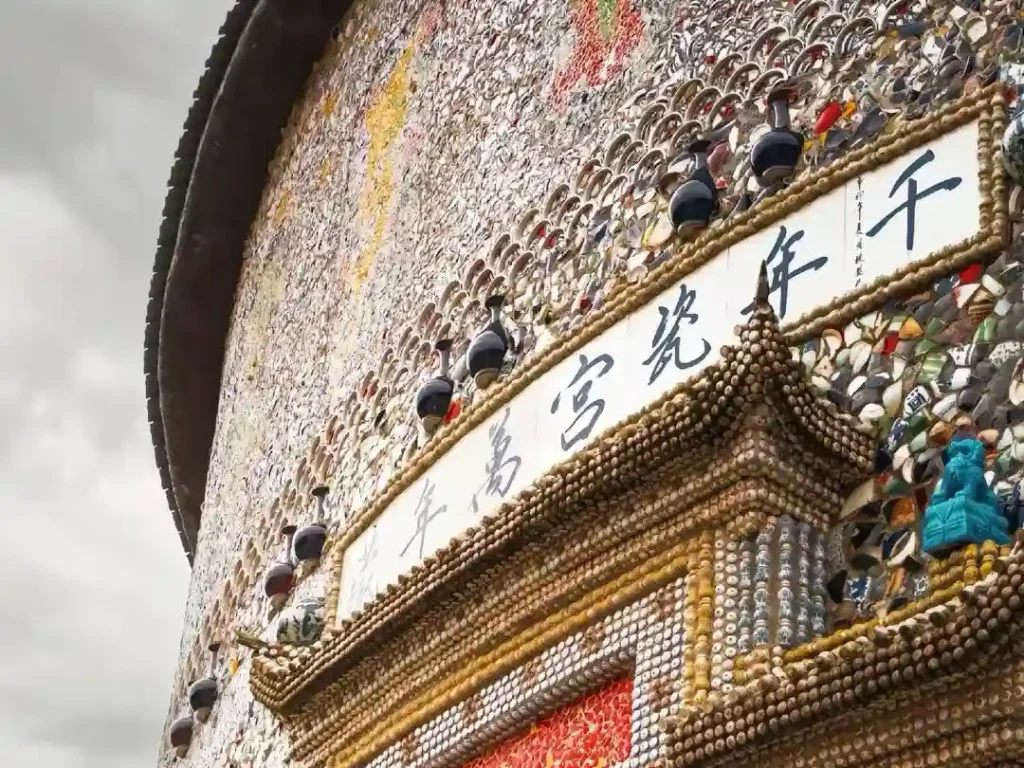🎧 Listen to text audio:
景德镇 是 中国 著名 的 瓷器 之 都,有 一 千 多 年 的 制瓷 历史。
English
Jingdezhen is China’s famous “Porcelain Capital,” with over a thousand years of porcelain-making history.

每年,有 很 多 游客 来 到 景德镇,他们 可以 参观 瓷器 博物馆,了解 景德镇的制瓷历史 和 工艺。
English
Every year, many tourists come to Jingdezhen. They can visit the porcelain museum and learn about its porcelain-making history and techniques.
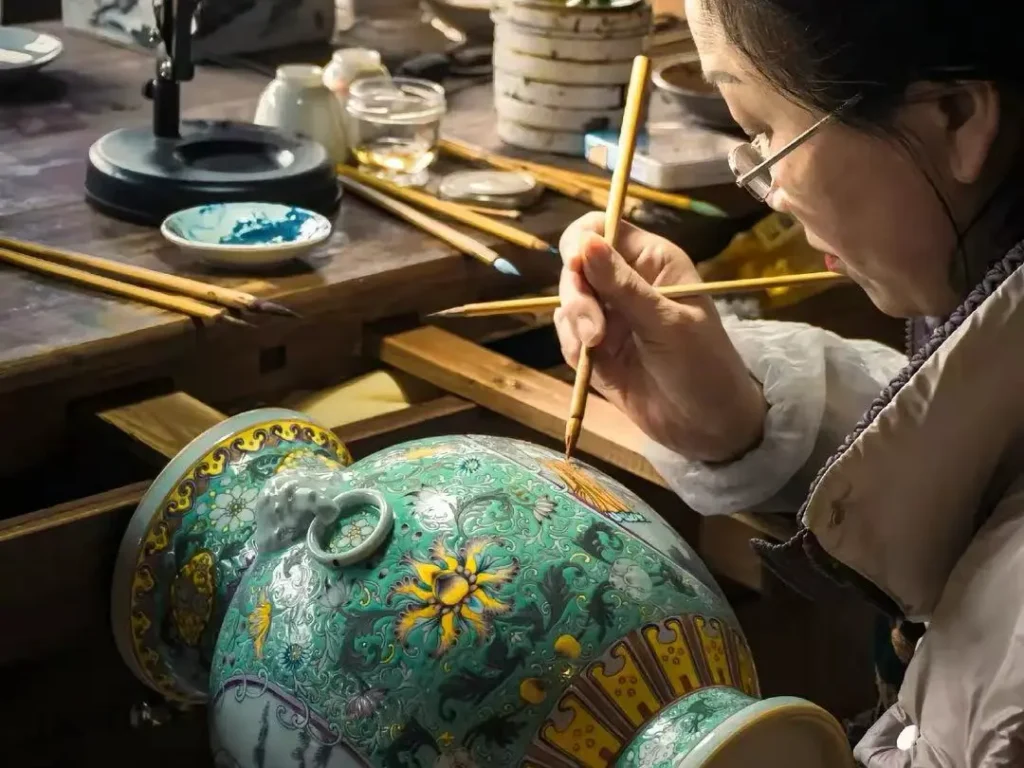
这里 还 有 很多瓷器 工厂,游客 可以 亲自 体验 如何 制作 瓷器。
English
There are also many porcelain factories where visitors can experience making porcelain themselves.
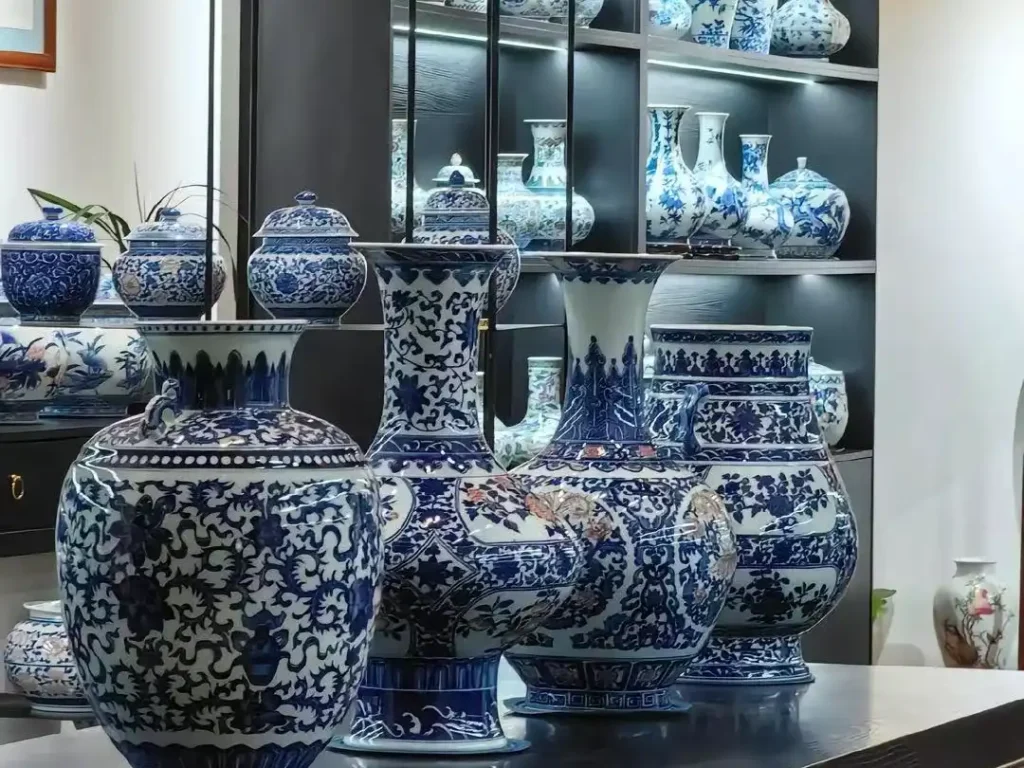
景德镇 生产 的瓷器 非常 精美,其中 最 著名 的 是 青花瓷。
English
The porcelain produced in Jingdezhen is very exquisite, with the most famous being blue-and-white porcelain.
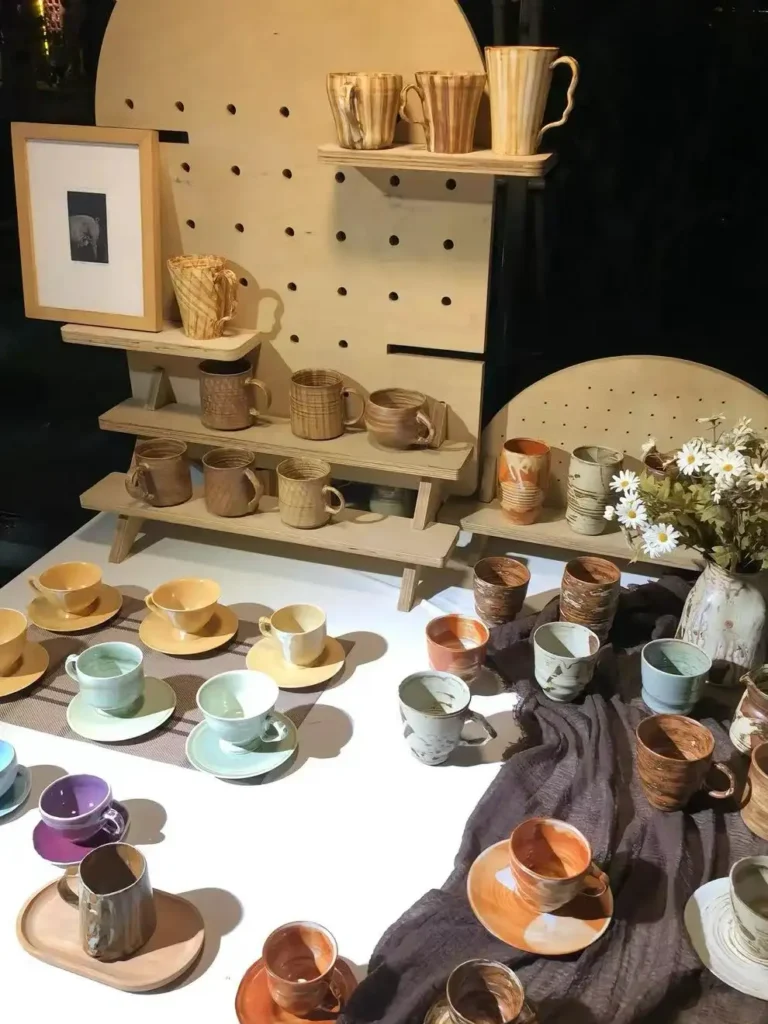
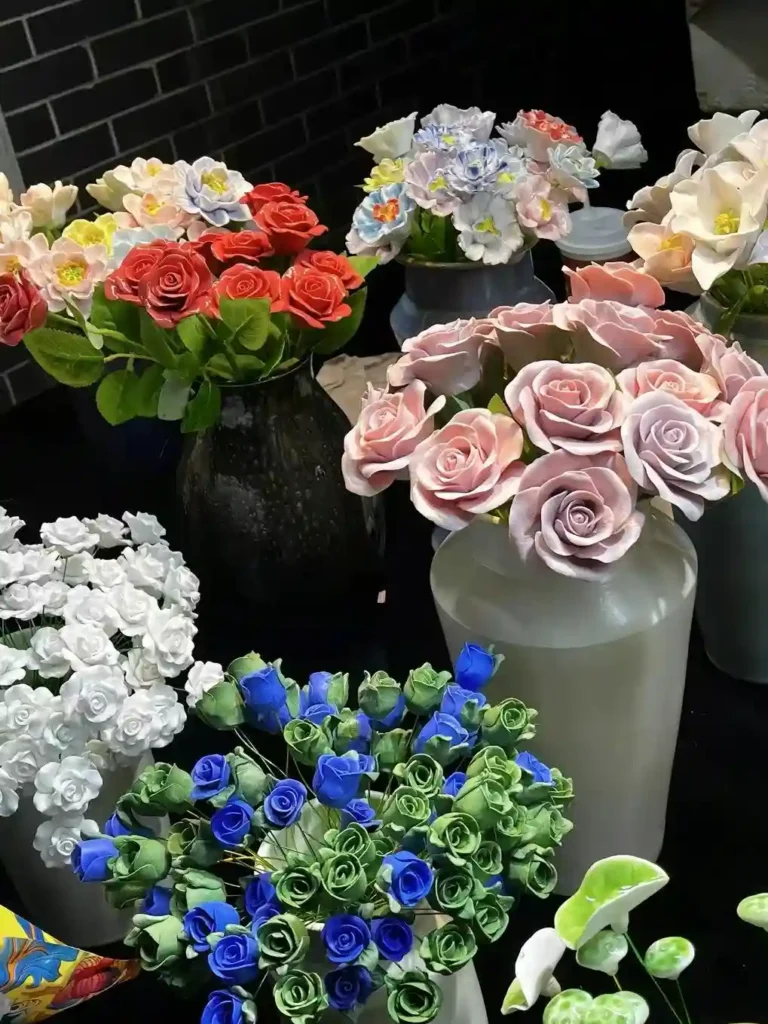
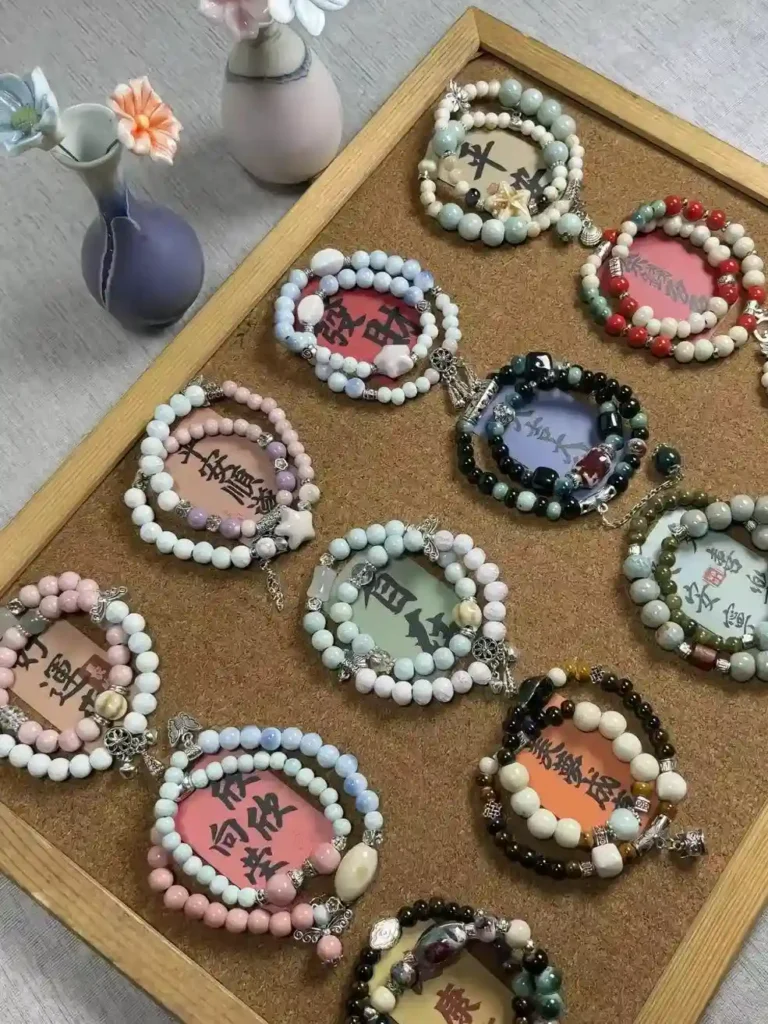
这里 的 夜市 上有 各种各样 精美 的 瓷器 制品,比如 瓷器 杯碟、瓷器 花瓶 和 瓷器 手串。每 个 来 到 景德镇的 游客 都 会 挑选 出 自己 喜爱 的 瓷器 制品 留作 纪念。
English
The night market here has a variety of exquisite porcelain products, such as porcelain cups and plates, porcelain vases, and porcelain bracelets. Every visitor to Jingdezhen picks their favorite porcelain item as a souvenir.
如果 你 喜欢 瓷器,一定 要 来 景德镇,感受 它 独特 的 魅力!
English
If you like porcelain, you must visit Jingdezhen to experience its unique charm!
语法点 (Grammar Points)
1. 其中 – Among them, among which
其中 is used to refer to something specific within a larger group. It often follows a general statement and introduces an example.
文中 (In text):
– 景德镇生产的瓷器非常精美,其中最著名的是青花瓷。(The porcelain produced in Jingdezhen is very exquisite, with the most famous being blue-and-white porcelain.)
例 (Example):
– 他有很多书,其中最喜欢的一本是妈妈 送 的。(He has many books, and his favourite one is the one his mom gave him.)
2. 亲自 – Personally, in person
亲自 emphasizes that someone is doing something by themselves instead of relying on others. It is often used to highlight hands-on experiences.
文中 (In text):
– 游客可以亲自体验如何制作瓷器。(Visitors can experience making porcelain themselves.)
例 (Example):
– 校长 亲自 来 给 我们 上课。(The principal personally came to teach us a lesson.)
3. 各种各样 – All kinds of
各种各样 is used to describe a wide variety of things. It is followed by a noun to indicate diversity.
文中 (In text):
– 这里的夜市上有各种各样精美的瓷器制品。(The night market here has a variety of exquisite porcelain products.)
例 (Example):
– 中国有各种各样的 美食。(China has all kinds of delicious food.)
4. 一定 要 – Must, definitely should
一定要 is used to emphasize a strong recommendation or necessity. It is usually followed by a verb.
文中 (In text):
– 如果你喜欢瓷器,一定要来景德镇。(If you like porcelain, you must visit Jingdezhen.)
例 (Example):
– 如果 你 明天 有空,一定要 来 参加 派对。(If you are free tomorrow, you must come to the party.)
5. 留作 – Keep as
留作 means to keep something as a specific purpose (e.g., a souvenir, memory, or gift). It is often used in the pattern “留作 + noun.”
文中 (In text):
– 每个来到景德镇的游客都会挑选出自己喜爱的瓷器制品留作纪念。(Every visitor to Jingdezhen picks their favorite porcelain item as a souvenir.)
例 (Example):
– 这 篇 文章 我 会 留作 参考。(I will keep this article for reference.)
